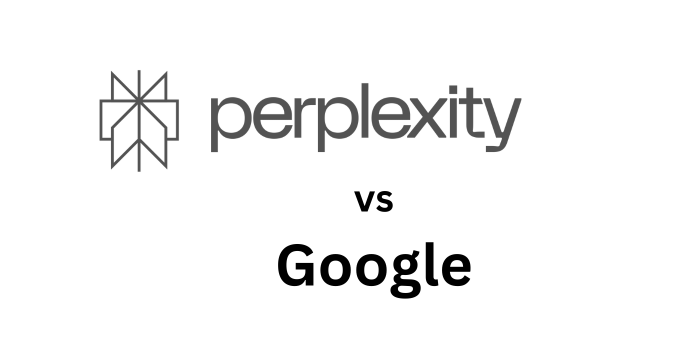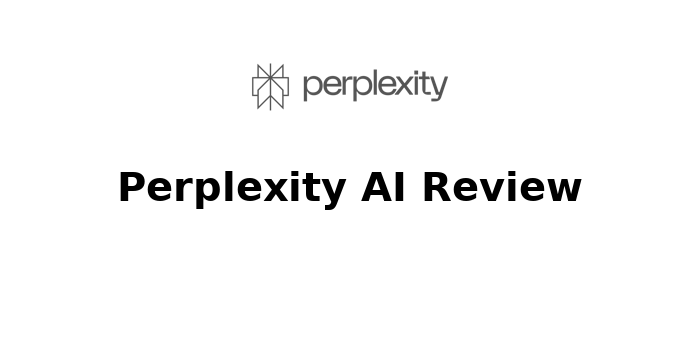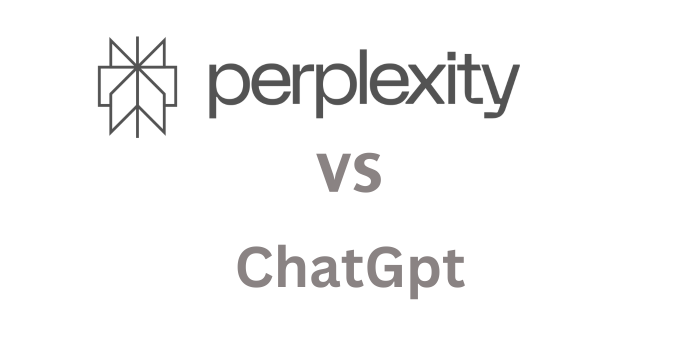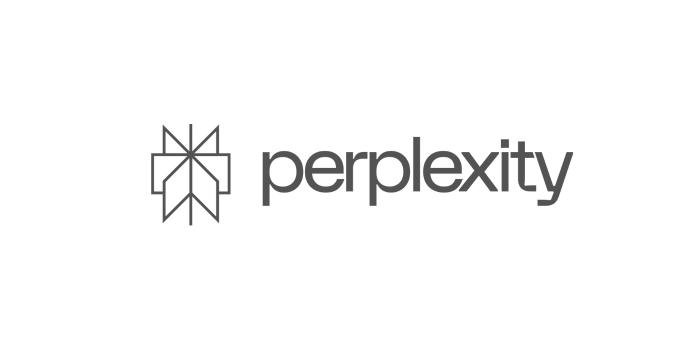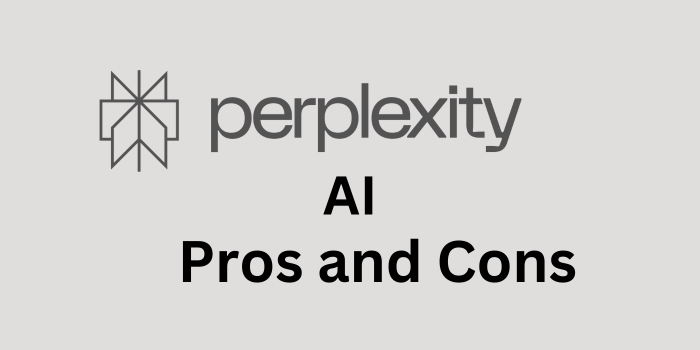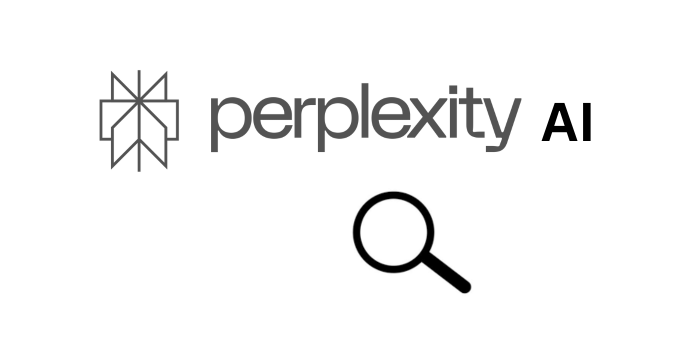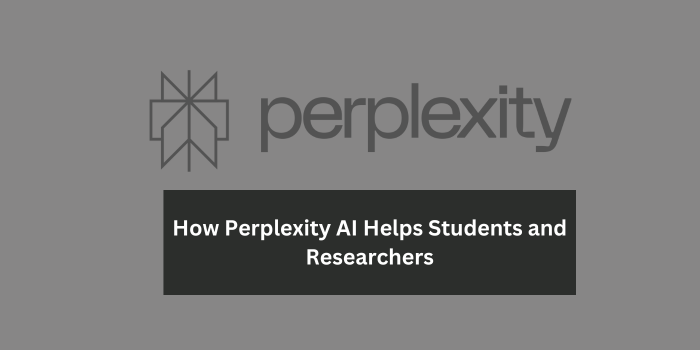In the rapidly evolving world of information retrieval, two powerful tools have emerged as frontrunners: Perplexity AI vs Google Search. Both aim to provide users with accurate, relevant information, but they take fundamentally different approaches. This comprehensive comparison will examine their strengths, weaknesses, and ideal use cases to help you determine which platform delivers better answers for your specific needs.
What is Google Search?
Google Search is the dominant search engine that has shaped how we access information online since 1998. It uses complex algorithms to crawl, index, and rank web pages based on hundreds of factors including relevance, authority, and user experience. Google’s strength lies in its vast index of the web and its ability to surface popular, authoritative sources.
What is Perplexity AI?
Perplexity AI is a next-generation AI-powered search engine and answer engine that launched in 2022. It combines large language models (LLMs) with real-time web search to provide direct, conversational answers to queries. Unlike traditional search engines, Perplexity aims to understand the intent behind questions and synthesize information from multiple sources into coherent responses.
How Google Search Works
- Crawling and Indexing: Google’s bots constantly scan the web to discover and catalog pages
- Query Processing: Analyzes search terms, user location, search history, and other signals
- Ranking: Uses algorithms like PageRank to determine the most relevant, authoritative results
- Results Display: Presents a list of links with snippets, featured snippets, knowledge panels, etc.
How Perplexity AI Works
- Query Understanding: Uses natural language processing to comprehend question intent
- Source Retrieval: Searches the web or its knowledge base for relevant information
- Information Synthesis: Combines and processes data from multiple sources
- Answer Generation: Creates a coherent, conversational response with citations
- Follow-up Handling: Maintains context for related questions in a session
Google Search’s Strengths
- Established Authority: Years of refinement in identifying trustworthy sources
- Comprehensive Coverage: Access to virtually the entire public web
- Fact-Checking: Integration with known fact-checking organizations for certain queries
- Freshness: Excellent at surfacing the most recent information for time-sensitive topics
Perplexity AI’s Advantages
- Synthesized Answers: Combines information from multiple sources to provide balanced views
- Citation Transparency: Includes footnotes showing exactly where information came from
- Nuanced Understanding: Better at handling complex, multi-faceted questions
- Misinformation Resistance: Less prone to surfacing low-quality SEO-optimized pages
Interface and Interaction
Google Search offers a familiar, minimalist interface focused on delivering links. Users must click through to websites for detailed information, though featured snippets provide some immediate answers.
Perplexity AI features a chat-like interface where users get comprehensive answers upfront, with the option to explore sources. The experience is more conversational, allowing for follow-up questions.
Speed and Efficiency
For simple factual queries, both platforms deliver results nearly instantaneously. However:
- Google may be faster when the answer exists verbatim on a single authoritative page
- Perplexity can save time on complex queries by synthesizing information that would otherwise require visiting multiple sites
Learning Curve
Google’s interface is universally familiar, requiring no explanation for most users. Perplexity’s AI-driven approach might take slight adjustment for those accustomed to traditional search engines, but its natural language interface is intuitive for most.
Comprehensive Coverage
Google has the advantage of indexing the entire web, making it better for:
- Obscure topics with limited coverage
- Local business information
- Real-time updates (news, sports scores, etc.)
Perplexity excels when:
- Answers require combining information from multiple sources
- The question is complex or nuanced
- You want summarized research without visiting multiple pages
Handling Different Query Types
- Factual Questions (e.g., “What’s the capital of France?”)
- Both perform well
- Google may be slightly faster
- Perplexity provides additional context
- Comparative Questions (e.g., “iPhone vs. Android”)
- Perplexity generates balanced comparisons
- Google shows competing viewpoints separately
- How-To/Instructional Queries
- Google surfaces high-quality tutorials
- Perplexity can provide step-by-step synthesized guides
- Opinion/Advice Questions
- Perplexity offers more nuanced responses
- Google shows forum discussions and articles
- Complex Research Topics
- Perplexity’s synthesis capability shines
- Google requires manual source evaluation
Google Search’s Unique Offerings
- Google My Business: Essential for local searches
- Specialized Results: Flights, shopping, recipes, etc.
- Google Scholar: Academic research
- Image/Voice Search: Advanced multimedia search
- Language Translation: Built-in translation tools
Perplexity AI’s Distinct Features
- Threaded Conversations: Maintains context across questions
- Source Highlighting: Clickable citations within answers
- Multiple AI Models: Option to switch between different LLMs
- Focus Options: Can restrict searches to academic papers, etc.
- Personalization: Learns from your interactions over time
Privacy Considerations
Google’s business model relies on data collection for targeted advertising, which raises privacy concerns for some users. Perplexity currently has a more privacy-focused approach, though as with any online service, users should review privacy policies.
Google Search’s Shortcomings
- SEO Spam: Vulnerable to low-quality, optimized content
- Information Overload: Requires users to sift through results
- Featured Snippet Errors: Sometimes highlights incorrect information
- Commercial Bias: May prioritize paid results and large publishers
Perplexity AI’s Limitations
- Web Coverage: Doesn’t index the entire web like Google
- Novelty: Lacks Google’s years of refinement
- Complexity: Sometimes overcomplicates simple queries
- Citation Limits: Occasionally misses the best sources
When to Use Google Search?
- Local business information and reviews
- Shopping/product research
- Breaking news and real-time information
- When you prefer to evaluate sources yourself
- Searching within specific websites or domains
When to Use Perplexity AI?
- Research projects requiring synthesized information
- Complex questions needing nuanced answers
- Learning about new topics with contextual explanations
- When you want cited sources without clicking multiple links
- Follow-up questions on the same topic
The Future of Search
Both platforms continue to evolve:
Google is integrating more AI features (like SGE – Search Generative Experience) while maintaining its core search functionality. Perplexity is refining its models and expanding its capabilities while staying focused on the AI-powered answer engine approach.
Industry trends suggest a convergence where traditional search engines incorporate more AI features, while AI-native platforms expand their indexing and retrieval capabilities.
Conclusion: Which Provides Better Answers?
The answer depends on your needs:
Choose Google Search if:
- You need the most comprehensive web coverage
- You prefer evaluating sources yourself
- You’re searching for local or commercial information
- You want the most up-to-the-minute results
Choose Perplexity AI if:
- You want synthesized answers to complex questions
- You value time savings from not visiting multiple sites
- You appreciate cited sources and contextual answers
- You’re conducting research or learning about new topics
For many users, the ideal approach might be using both tools complementarily—leveraging Google’s unparalleled index when needed and Perplexity’s synthesis capabilities for deeper understanding. As both platforms continue to evolve, the gap between traditional search and AI-powered answer engines will likely narrow, offering users the best of both worlds.
Ultimately, “better” depends on your specific query and what you consider a good answer—whether that’s a list of authoritative links or a comprehensive, sourced summary. The competition between these approaches benefits all users by pushing innovation in information retrieval forward.
